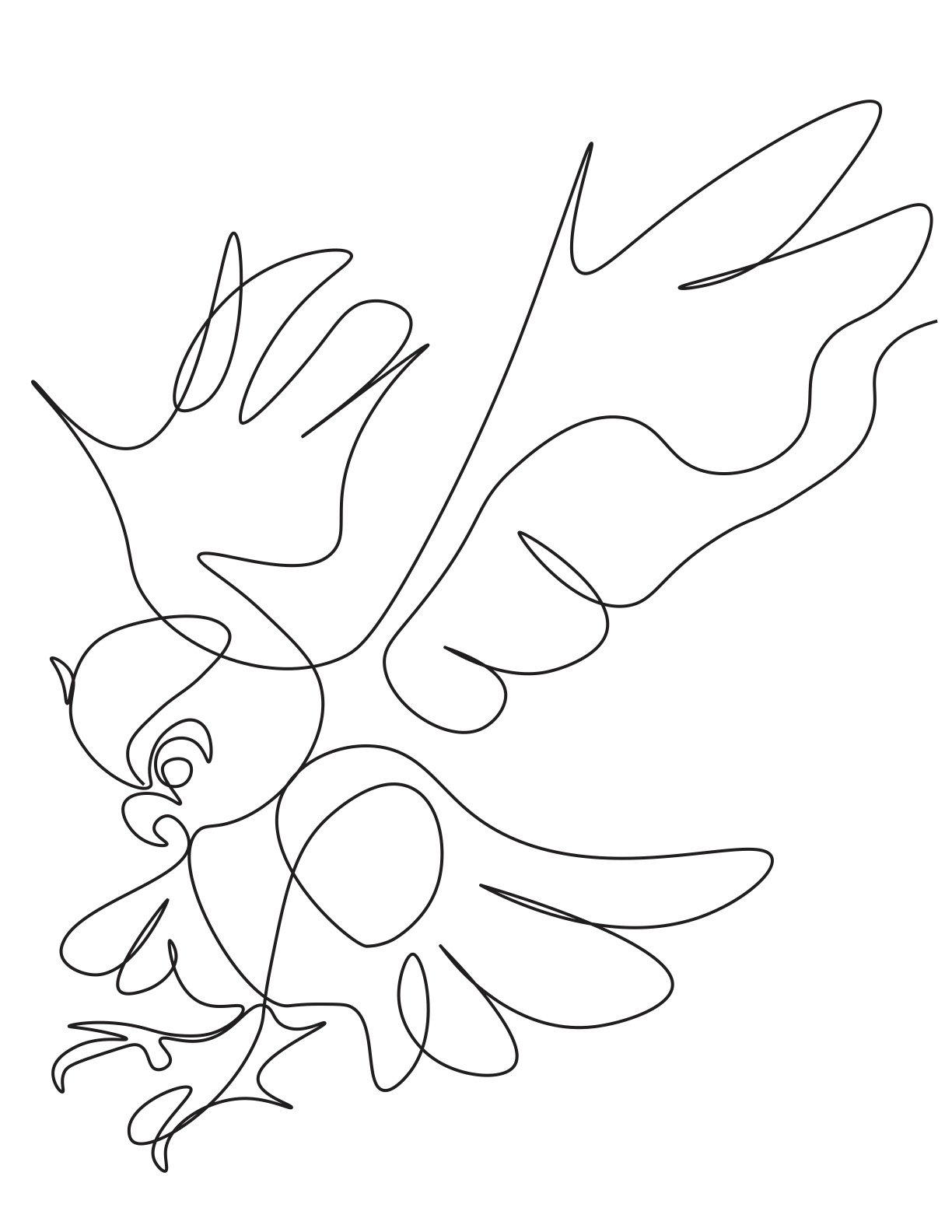Up Close and Personal with Jesuit Refugee Services
By Tess Berghoff
UP CLOSE AND PERSONAL WITH JESUIT REFUGEE SERVICES
Jesuit Refugee Services (JRS) is an organization that directly aids refugees in different locations around the world. It was founded in 1980 and now has programs in 51 countries. My brother, Garrett Desmond Berghoff, graduated from Santa Clara University in 2016 and took a position with JRS in Malawi, Africa, this past May. He works for a program called HEM, Higher Education at the Margins, in the Dzaleka Refugee Camp. This is the largest camp in Malawi, hosting approximately 28,000 people seeking refuge from violence. To spread awareness on the lives of the people in the camp and what it’s like to work there, I asked him the following questions.
Q: So, what exactly do you do?
Garrett: I’m a Community Service Officer managing four different teams: the library staff, alumni relations, the alumni association, and the communications team. Within alumni relations, I manage projects and community involvement, and within the communications team, I’m in charge of all communication with the camp. I do photography for events like weddings, funerals, and graduations at camp. I’m also the Editor and Chief of the quarterly newsletter, and I manage the informal English program where we currently only have 6 English teachers.
Q: How do you do all that by yourself?
G: [laughs] I honestly don’t know.
Q: What is your housing like? How has this impacted your experience?
G: Well, I have 2 houses, one in Lilongwe and one in Dzaleka. I stay in Dzaleka with three other JRS workers during the week from Tuesday to Friday, and life is much more difficult than what most people are used to. My housemates and I wake up at 6:30 in the morning and we heat up the m’boula, which is basically a mini charcoal grill. We get two jerry cans, go to the borehole for water, bring the water back to the house, and heat it in a big pot for my morning bath. Once the water is heated, I shampoo my hair and wash in the outhouse, a brick shelter. Afterwards, I go in and change my clothes and make some tea and toast. In the evenings, we return to the camp to buy eggs, pork, garlic, etc., for dinner.
Some nights we try to watch a movie, but we often don’t have power. We only have one solar lamp, so we have to use candles. We charge our devices at camp before we go home. Last night, it was already dark when I went to shower. I saw a massive spider and four cockroaches and just said “nope” and walked back into the house. I have come to understand what it’s like to live without first world amenities, but even though our house is in Dzaleka, I will never know what it’s truly like to be a refugee.
Q: What is one story that encompasses the heartache these people face on a daily basis?
G: One man was forced out of the Democratic Republic of Congo in 2009 and, unfortunately, his whole family didn’t make it to Malawi. He was the only one who spoke English and they didn’t have any money, so he built bricks for 2 months. JRS’s HEM provided a safe haven for him. Balancing education, providing food for his family, and getting an income was very difficult. He eventually graduated and was then able to help his family. He says, “Without HEM, I don’t know where I would be. Without this organization, I would be lost.” His story is one of many. Some persevere and some don’t.
Q: How has photography enhanced your experience and impacted others?
G: I use photography to capture emotion. It’s a vital tool at getting a glimpse into the life of a refugee and it helps people understand the complex emotions here. Sometimes this job can be overwhelming and I use photography to lighten the mood. I’ll go photograph kids; they love having their photos taken. It brings a lot of joy to people because they love seeing themselves on the camera. However, one of my primary reasons for photographing life here is to share it with people back home. I use social media as a way to inform others. Not a lot of people have been to a refugee camp, so it’s very foreign to most. I’m trying to make it more familiar.
Q: How have your opinions changed since you started working at Dzaleka?
G: It’s made me more frustrated at the lack of our initiative to help people abroad. I seem to notice overgeneralizations from politicians about refugees stealing our jobs or being terrorists. It’s a bunch of bullshit. I interact with people every day that would make the U.S. a better place, but, unfortunately, they aren’t given the opportunity to do so.
Q: How can we help from the States?
G: Well, you can help my community directly through the Gofundme I started. You can also become more informed on the life of refugees and understand that they are all individuals and they don’t fit into any stigma. They have their own desires and weaknesses. They are no different than you and me, but they were dealt a very unlucky hand completely out of their control. They didn’t choose this life; they were forced into it. We have had the privilege to create our own lives where theirs seem predetermined.
Gofundme: https://www.gofundme.com/dzalekaprojects
Garrett’s Instagram where you can see what he’s doing and his photos: @bergpup
